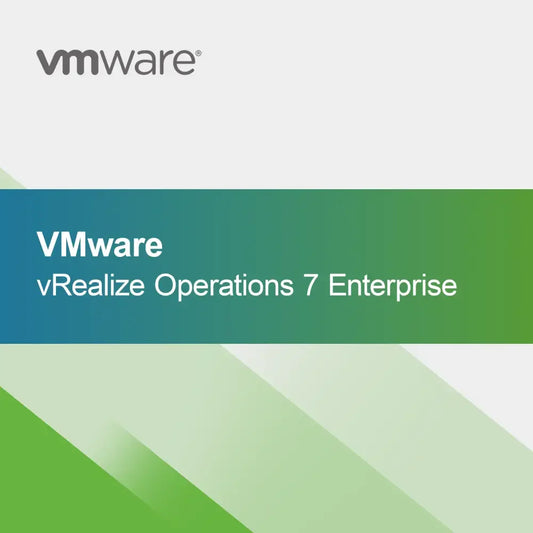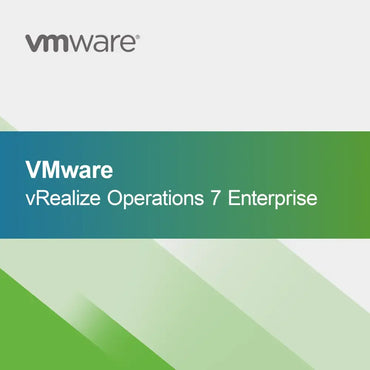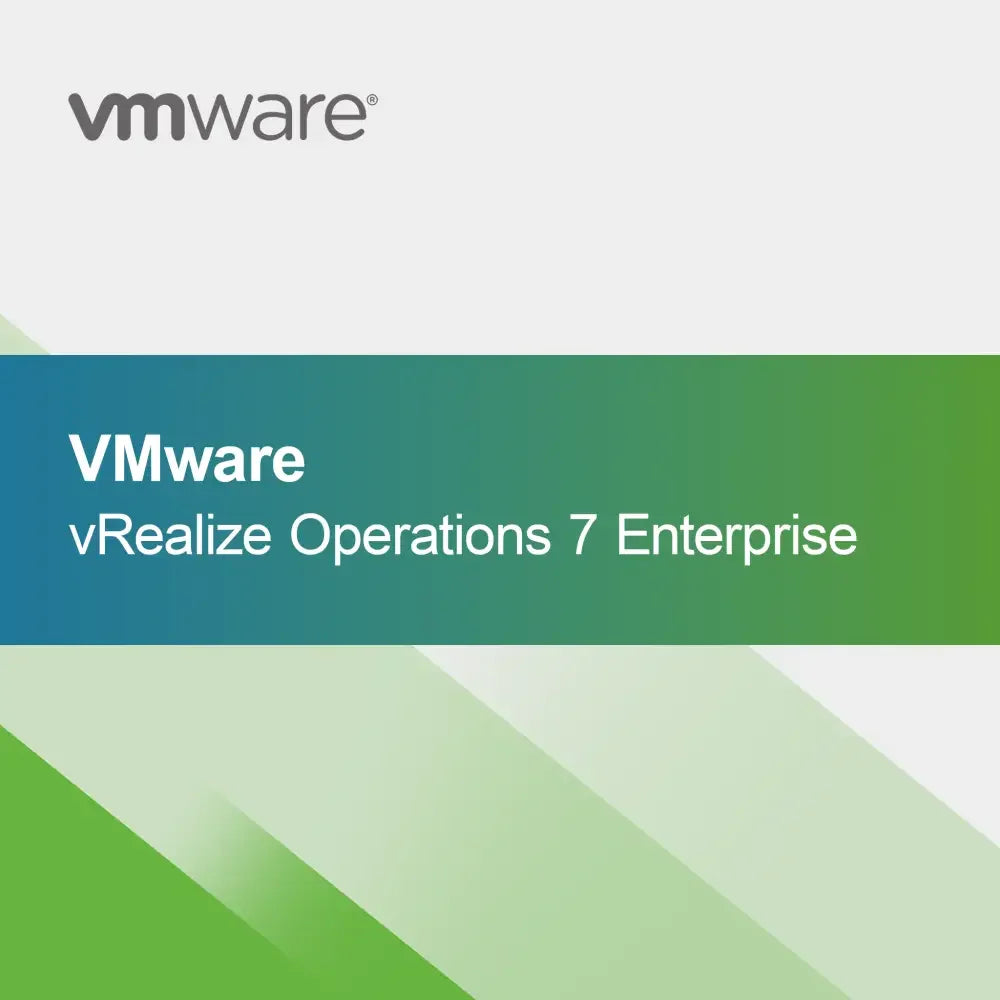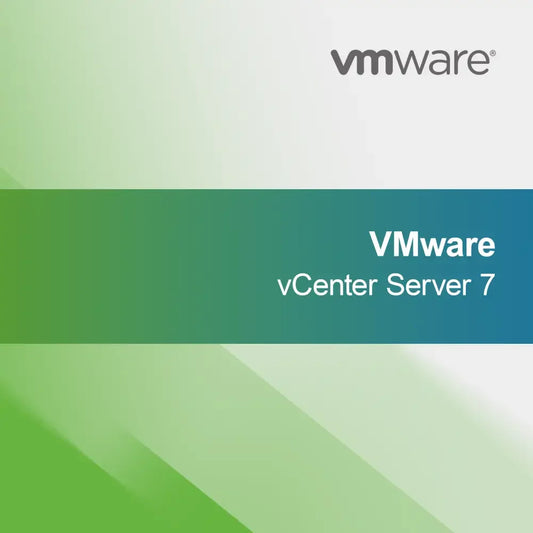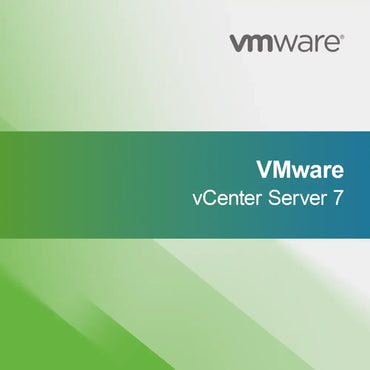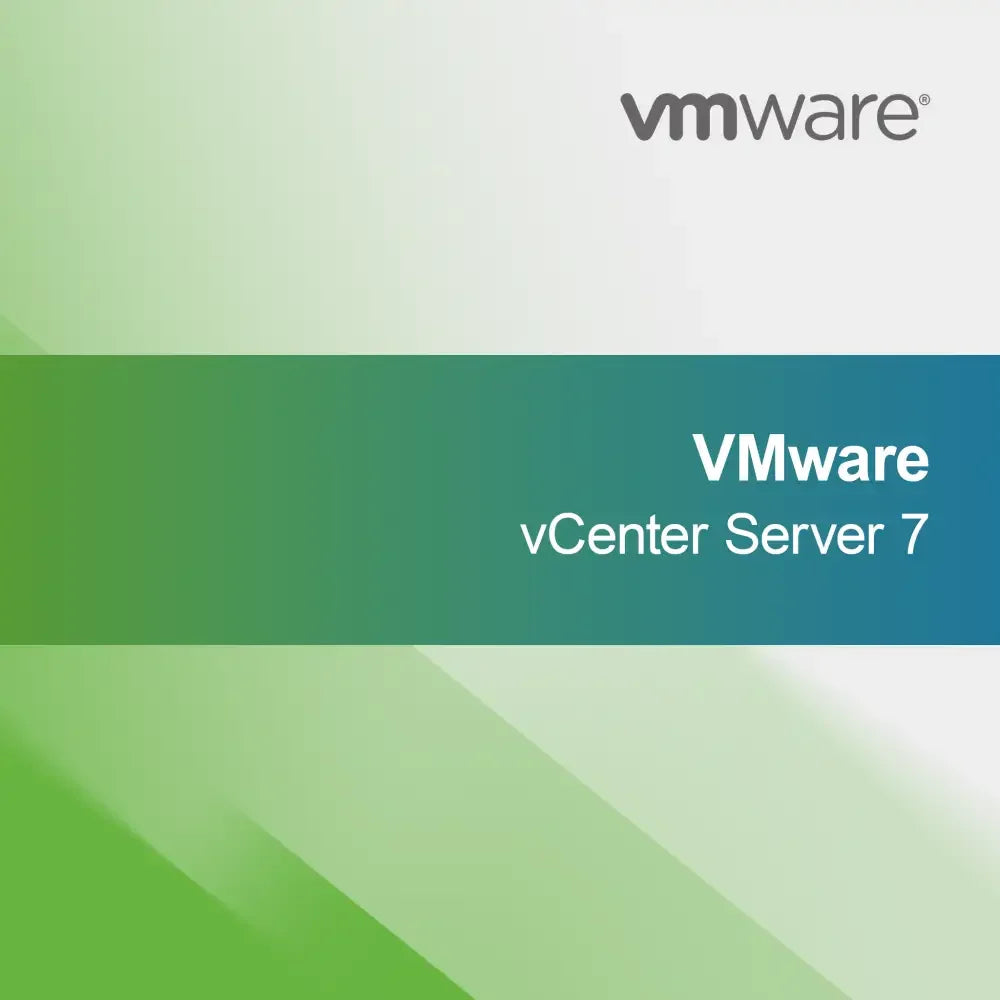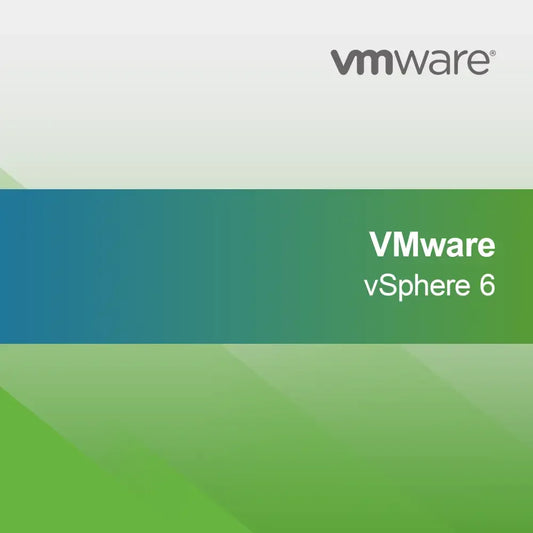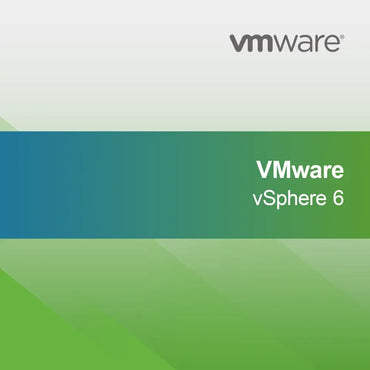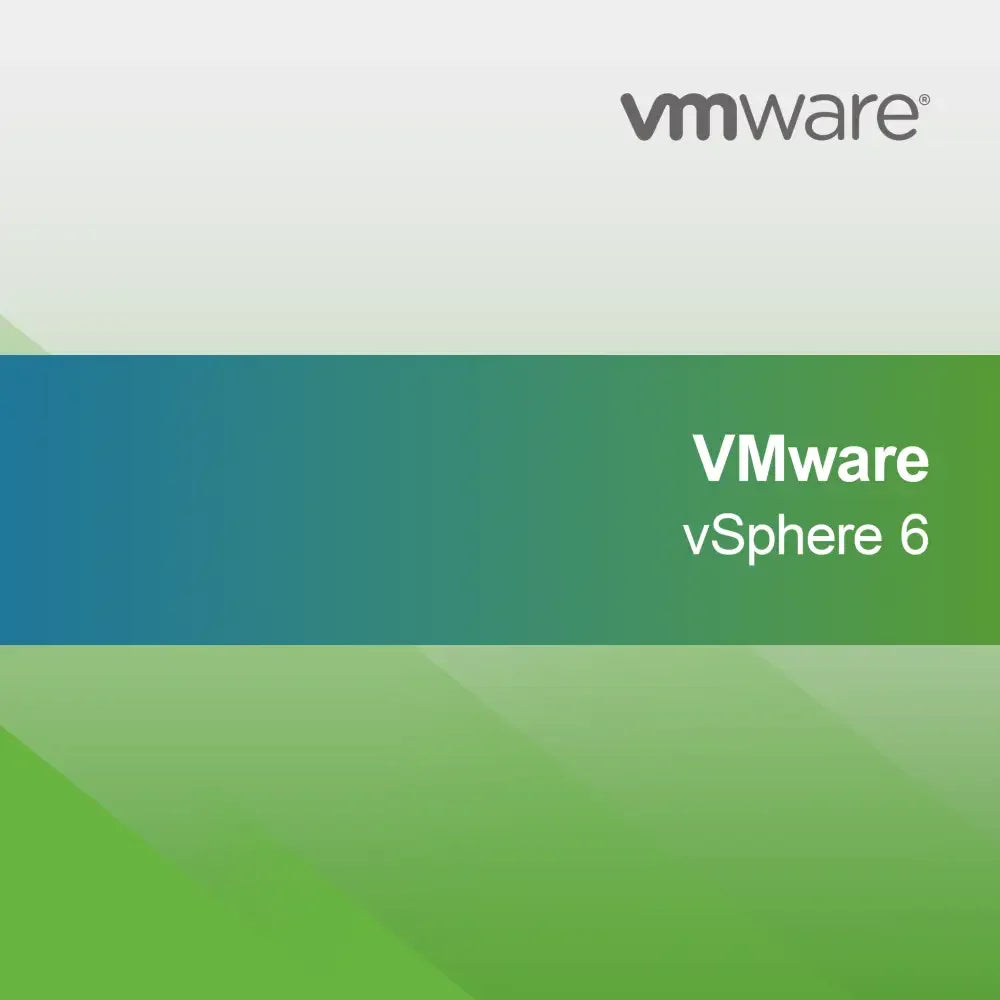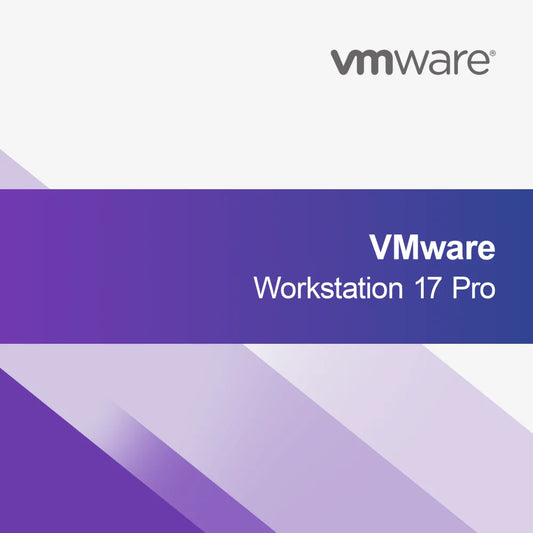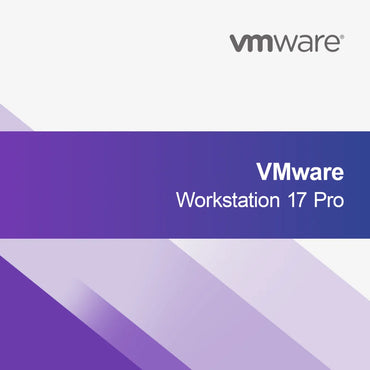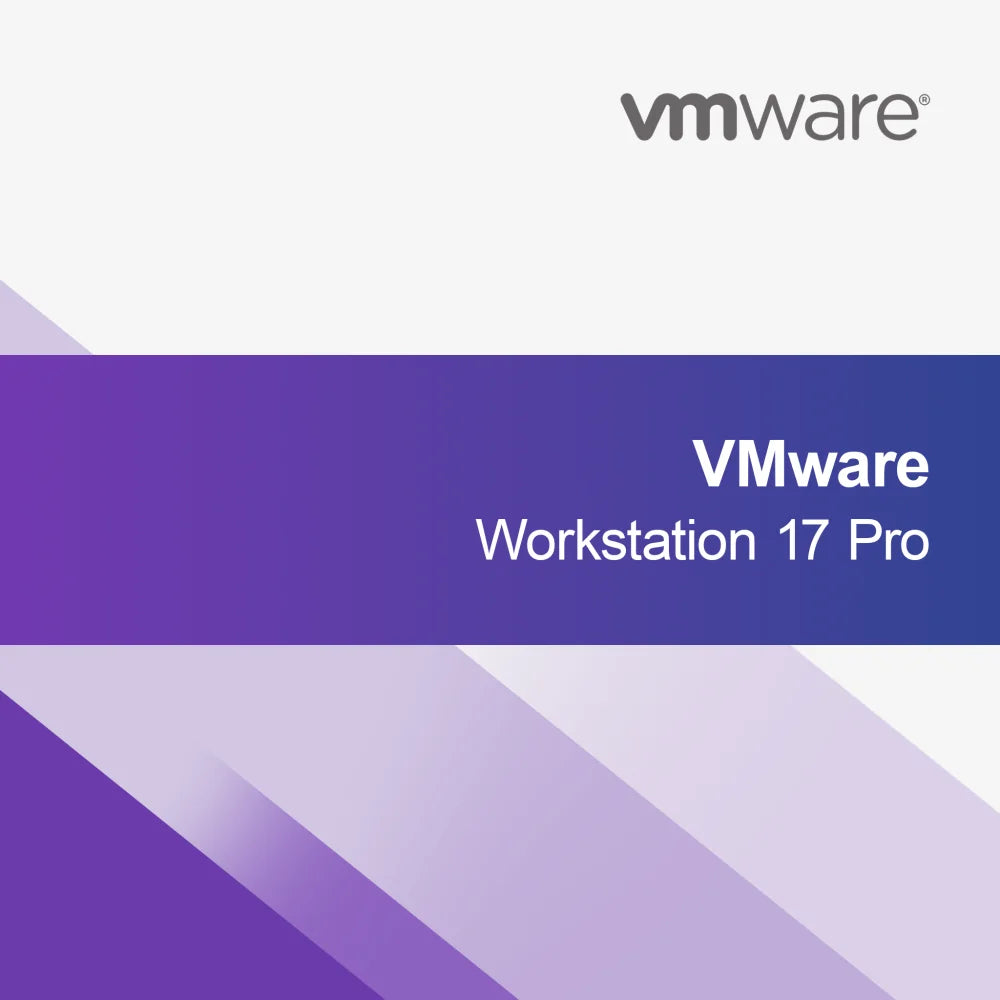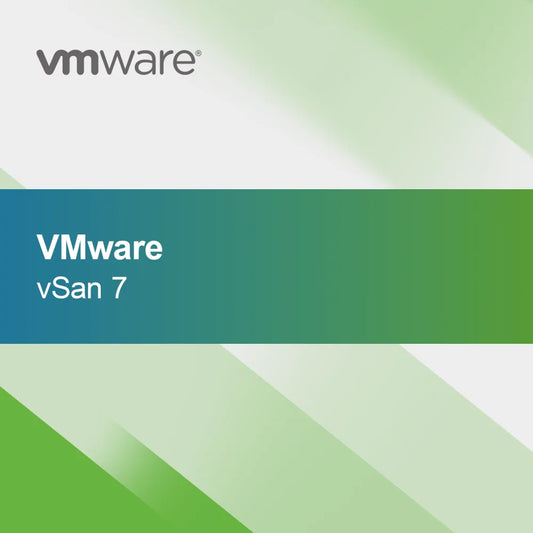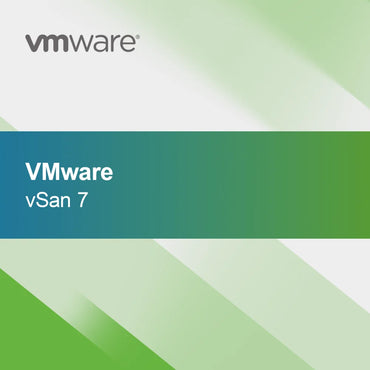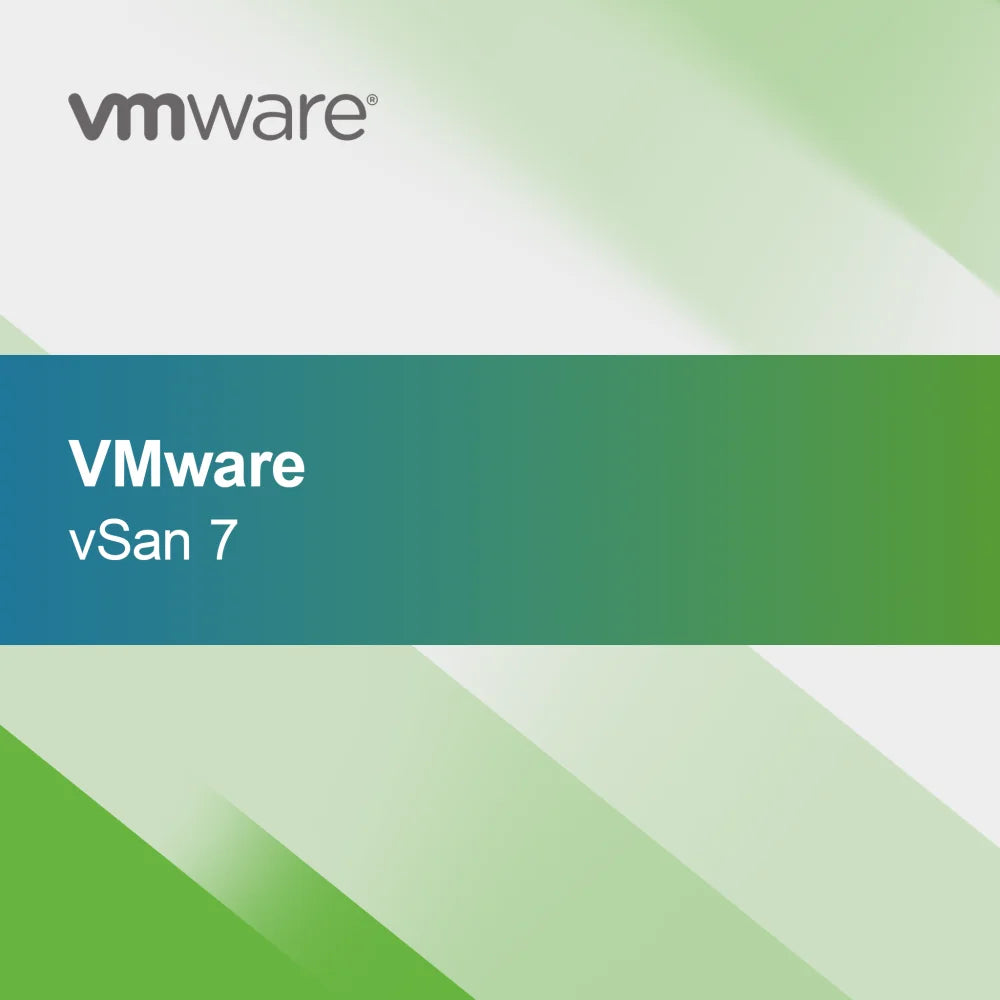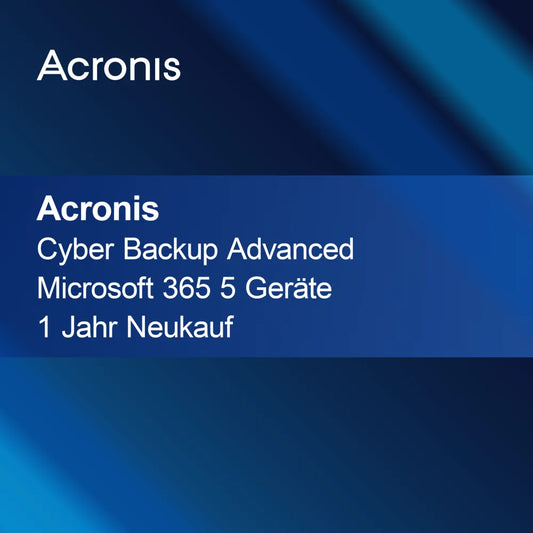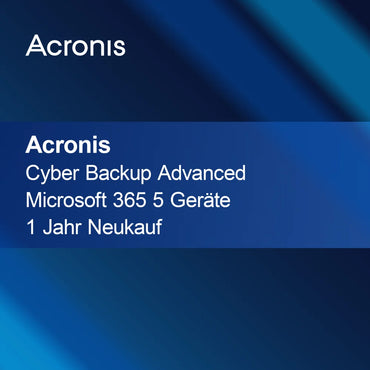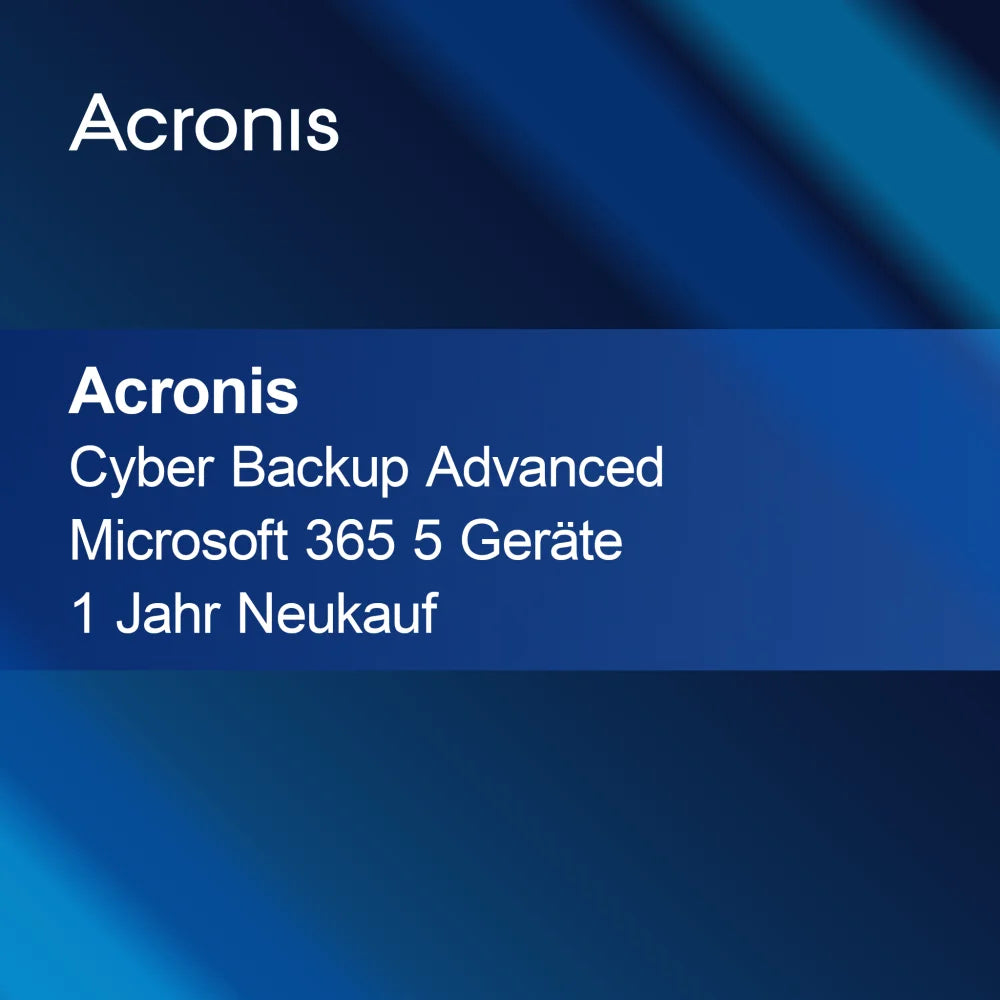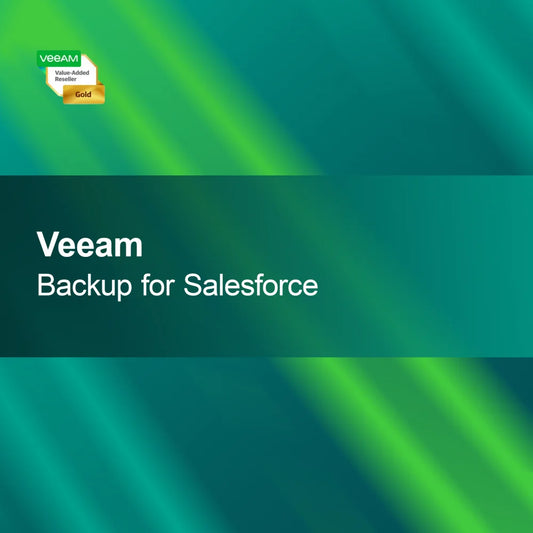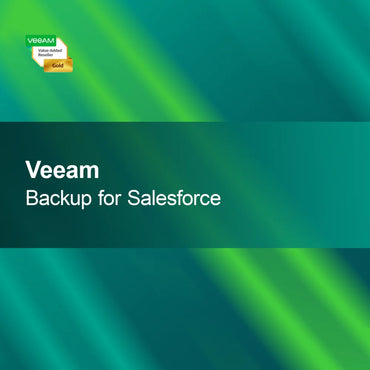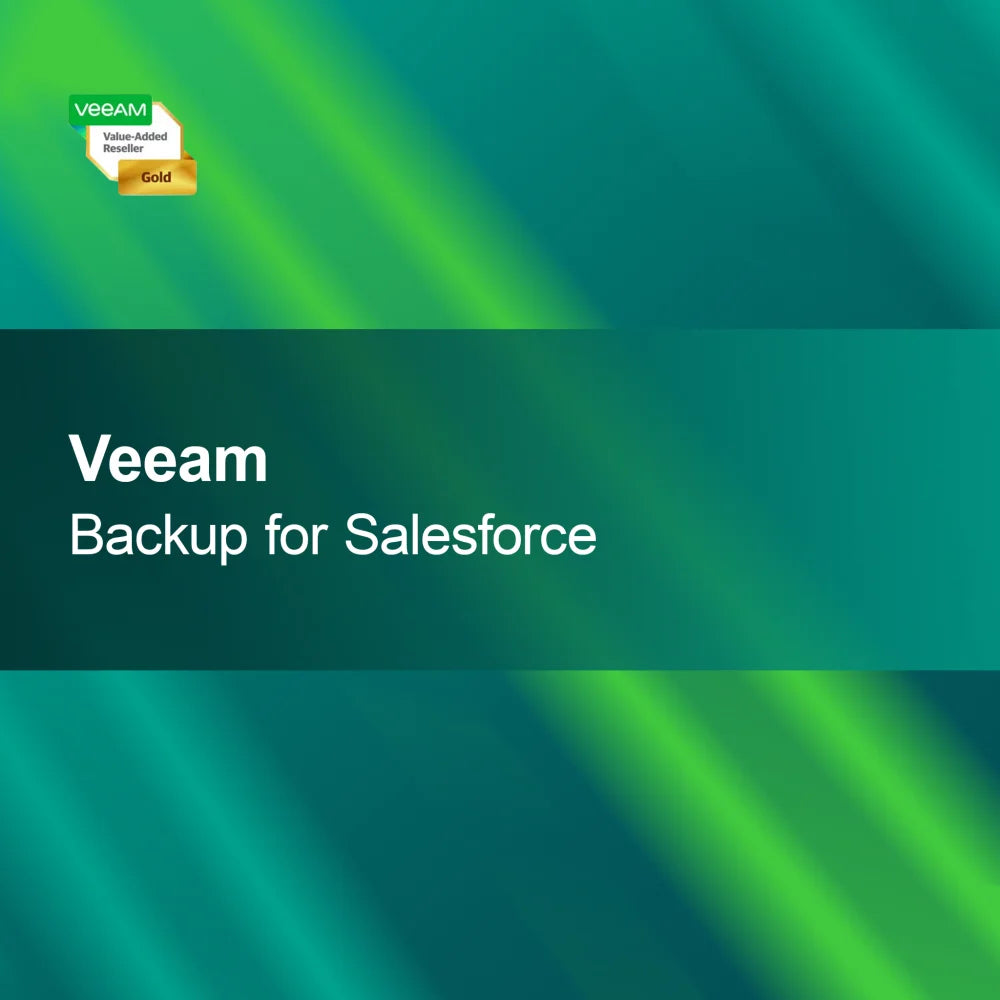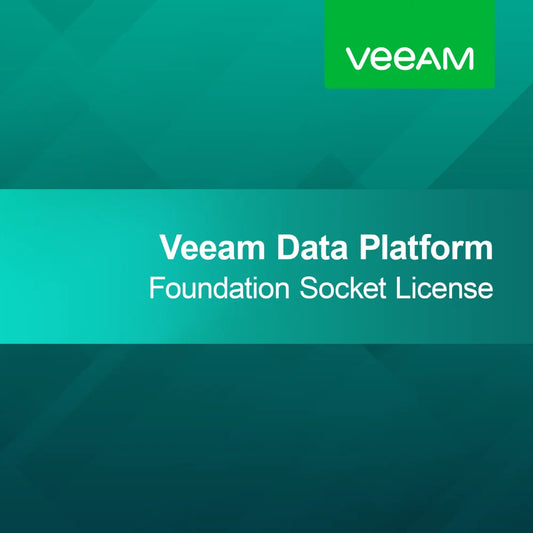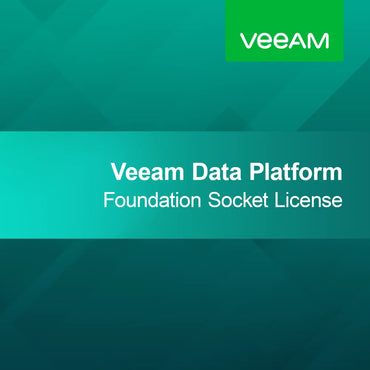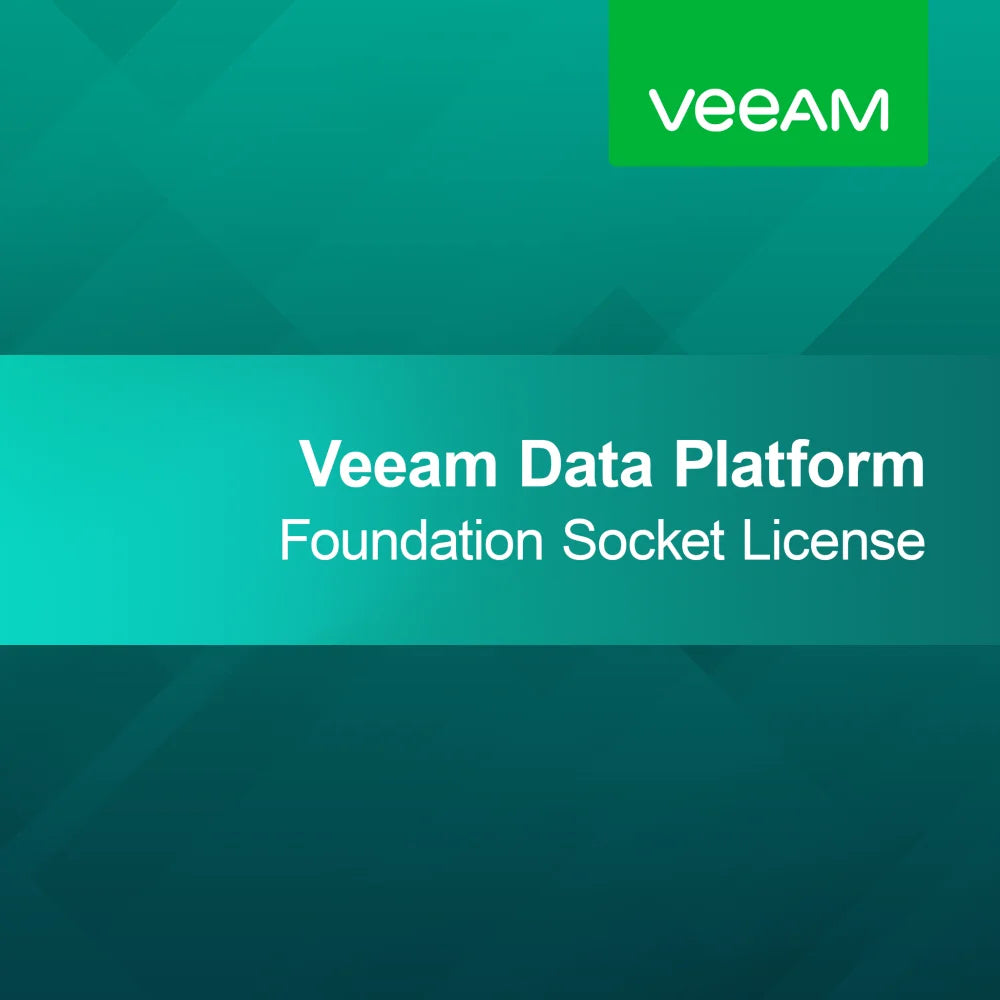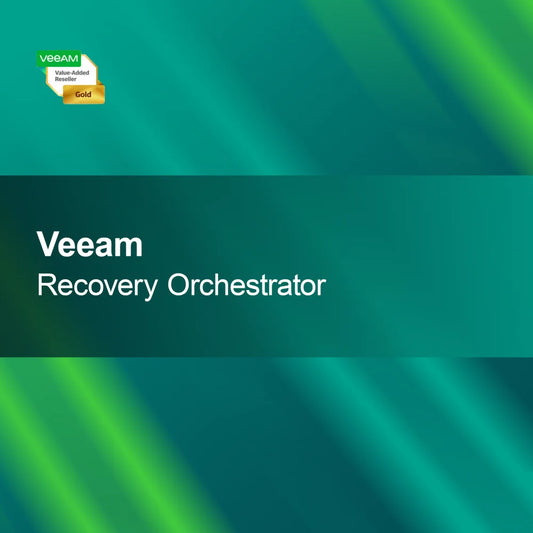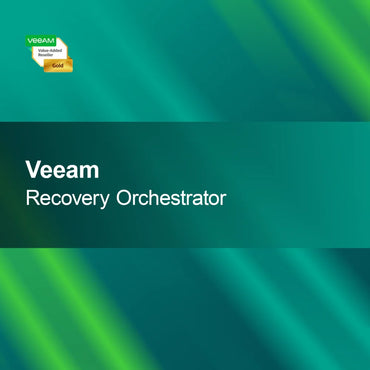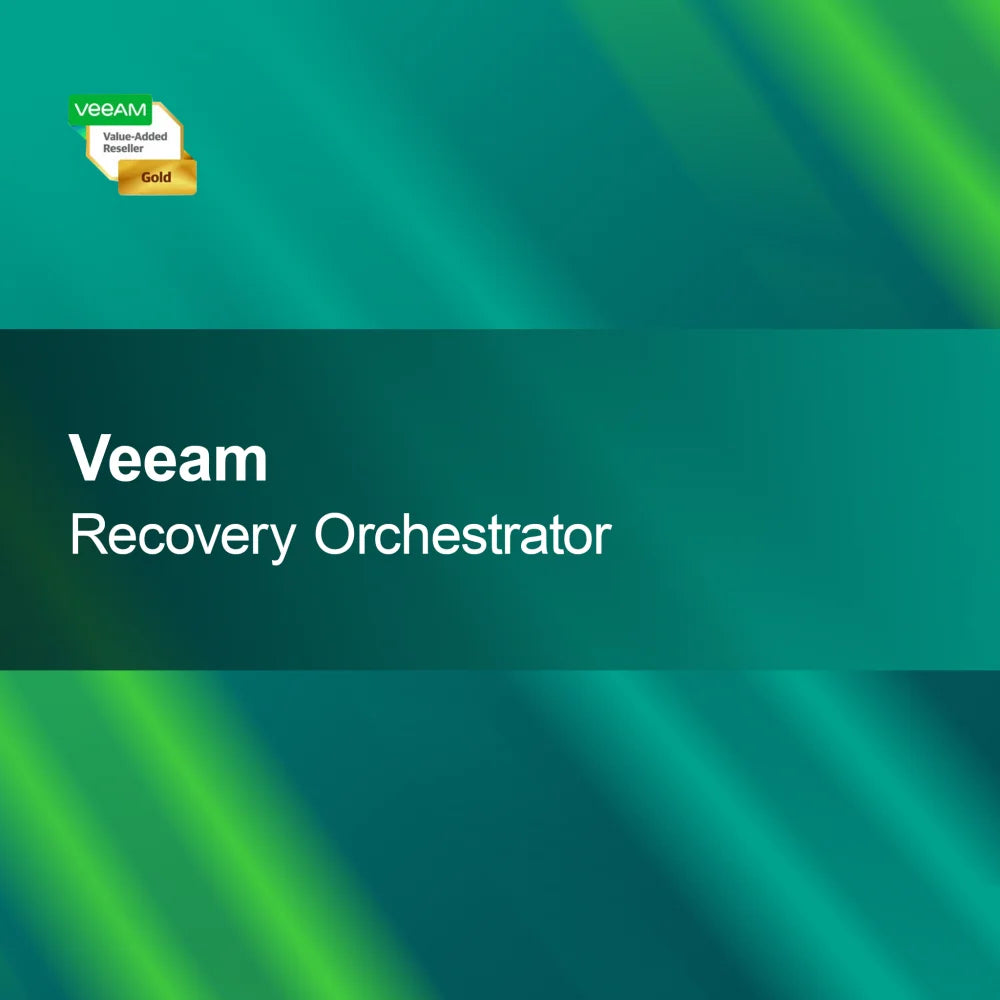-
VMware vRealize Operations 7 Enterprise
Regular price 745,812.00TLSale price 745,812.00TL Regular priceUnit price perVMware vRealize Operations 7 Enterprise With the license key for VMware vRealize Operations 7 Enterprise, you get a powerful solution for monitoring and controlling your virtual...
-
VMware vCenter Server 7
Regular price From 67,336.00TLSale price From 67,336.00TL Regular priceUnit price perVMware vCenter Server 7 With VMware vCenter Server 7, you get a powerful solution for the centralized management of your virtual infrastructure. This platform enables you...
-
VMware vSphere 6
Regular price From 19,237.00TLSale price From 19,237.00TL Regular priceUnit price perVMware vSphere 6 With VMware vSphere 6, you get a powerful virtualization platform that helps you optimally manage and improve your IT resources. This solution is...
-
VMware Workstation 17 Pro
Regular price From 4,678.00TLSale price From 4,678.00TL Regular priceUnit price perVMware Workstation 17 Pro With VMware Workstation 17 Pro you get a powerful solution to create virtual machines and conveniently run multiple operating systems on your...
-
VMware vSan 7
Regular price From 18,041.00TLSale price From 18,041.00TL Regular priceUnit price perVMware vSAN 7 With VMware vSAN 7, you get a powerful and integrated storage solution specifically designed for virtualized environments. This allows you to quickly and...
Virtualization
What is virtualization and how does it work?
Virtualization is a technology that enables the creation of multiple virtual environments on a single physical computer. This is achieved through the use of software called a hypervisor, which abstracts and manages hardware resources. As a result, different operating systems and applications can run simultaneously on the same hardware, significantly increasing efficiency and resource utilization. This technology is especially useful in data centers and server consolidation.
What advantages does virtualization offer?
Virtualization offers numerous advantages, including improved resource utilization, lower hardware costs, and simplified management. By enabling multiple virtual machines to run on a single server, companies can optimize their IT infrastructure and save costs. Additionally, virtualization allows for faster application deployment and easier system backup and recovery, which enhances operational continuity.
What types of virtualization are there?
There are different types of virtualization, including server virtualization, desktop virtualization, and application virtualization. Server virtualization allows multiple servers to run on a single physical machine, while desktop virtualization enables access to desktop environments from various devices. Application virtualization, on the other hand, isolates applications from the underlying infrastructure, simplifying deployment and management. Each type has its own use cases and benefits.
What should I consider when implementing virtualization?
When implementing virtualization, you should first analyze the specific requirements of your IT environment. This includes selecting the right hypervisor, planning hardware resources, and considering security aspects. It is also important to develop an appropriate backup and recovery strategy to avoid data loss. Careful planning and execution are crucial for the success of your virtualization strategy.
- Optimization of resource usage through server consolidation
- Increased flexibility and scalability of the IT infrastructure
- Simplified management and maintenance of systems
How can I ensure security in virtualized environments?
Security in virtualized environments requires special measures since multiple virtual machines run on the same hardware. It is important to implement security policies that cover both the hypervisor level and the virtual machines. This includes regular updates, firewalls, and intrusion detection systems. Additionally, you should ensure that sensitive data in virtual machines is encrypted to prevent unauthorized access.
How does virtualization differ from containerization?
Virtualization and containerization are two different approaches to application isolation. While virtualization creates full virtual machines that require their own operating system, containerization allows applications to run in isolated environments that share an operating system. Containers are generally lighter and faster to start, making them ideal for microservices architectures. Both technologies have their own advantages and disadvantages, depending on the specific requirements.
What system requirements are necessary for virtualization?
To effectively utilize virtualization, your system should have sufficient hardware resources. This includes a powerful processor with support for virtualization technologies, at least 8 GB of RAM, and enough storage space for the virtual machines. A good network connection is also important to ensure communication between the virtual machines and the physical infrastructure. Check these requirements to ensure a smooth virtualization experience.

